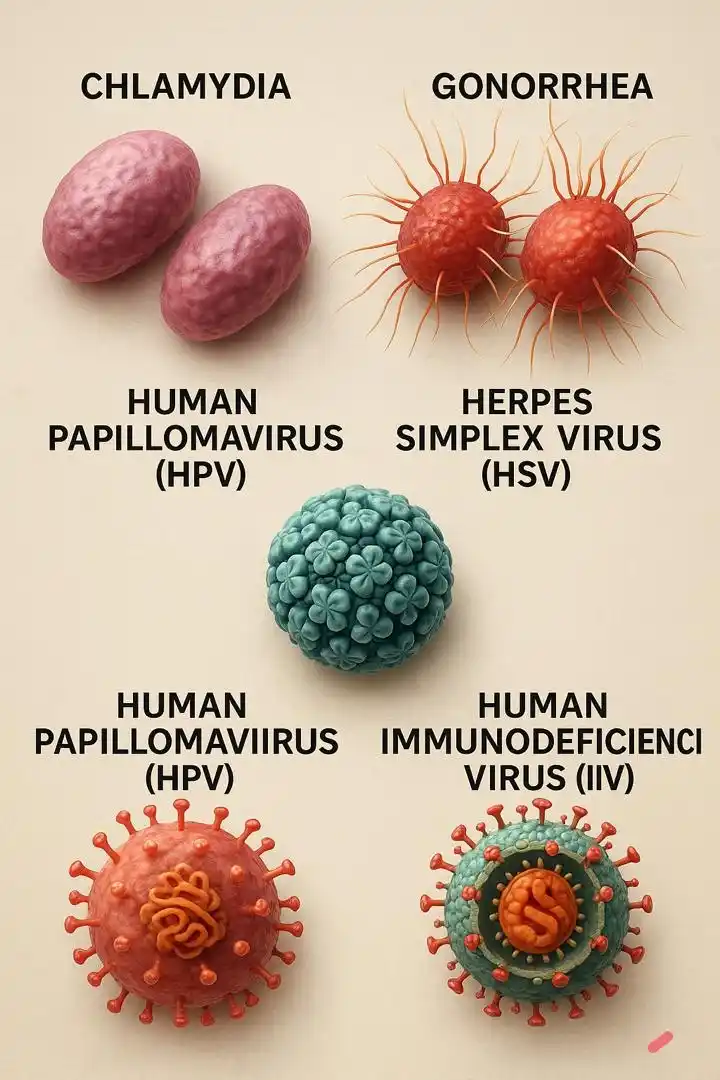
Herbal Clinic
106 subscribers
About Herbal Clinic
Welcome new followers My name is Obey Kasvinge +263714352816/+263784515156 in this channel we focus on prioritising your health and we mean anything that has to do with you, living a healthy lifestyle. We offer variety of heath solutions through our Herbal teas, Capsules, Powders and also food supplements *To those who are not sure of what problems they have, we offer a very affordable full body analysis* NB: We encourage everyone to have our our *Herbal Tea* as a *Must* to *detoxify* their system every now and then, if not *everyday*
Similar Channels
Swipe to see more
Posts

🧔🏽♂️ LOW TESTOSTERONE / LIBIDO: NATURAL BOOSTERS 1. Sleep Like a King 7–8 hours of quality sleep can significantly improve testosterone levels. 2. Lift Heavy, Move More Weight training and regular exercise stimulate natural hormone production. 3. Zinc-Rich Foods Eat more pumpkin seeds, eggs, oysters, beans, and lean meat. 4. Reduce Belly Fat Excess fat, especially around the belly, lowers testosterone and libido. 5. Stress Less Chronic stress raises cortisol, which kills libido. Try deep breathing, nature walks, or prayer. 6. Herbal Support Fenugreek, ashwagandha, and maca root have been shown to improve libido in men.


HUMAN PAPILLOMA VIRUS HPV is the most common sexually transmitted infection globally. It is a virus with over 100 strains, low risk strains causing genital warts and high risk strains leading to cervical or anal cancers. Most people would contract this virus, and be asymptomatic. However, a manifestation of low risk strains of the virus is the presence of genital or anal warts. High risk strains hardly show symptoms till they turn cancerous.

WHAT ARE THE COMPLICATIONS OF THESE INFECTIONS? • Chlamydia and Gonorrhea - Pelvic inflammatory disease - Ectopic pregnancy - Infertility in both sexes - Joint infections - Increased risk of HIV transmission. • Human papilloma virus - Cervical, anal, penile and vaginal cancers - Genital warts - Respiratory papillomatosis (rare) - Risk of infertility

GONORRHEA Also known as “the clap”, gonorrhea is also a common STI caused by the bacteria Neisseria Gonorrhoeae. Like chlamydia, it presents with little or no symptoms and people can be carriers of this infection with no clue whatsoever. When symptoms appear, they include: - Burning sensation while urinating - White, yellow or green discharge - Painful or swollen testicles (men) - Vaginal bleeding between periods - Rectal discomfort.

HERPES SIMPLEX VIRUS (HSV) This virus is often mistaken for the HPV, but they’re entirely different viruses. There’re 2 types of HSV: - HSV 1 that commonly cause cold sores - HSV 2 that cause genital herpes. Herpes is very contagious, even when there’re no physical sores and it stays in the body for life. Symptoms include: - Painful blisters or sores around the mouth or genitals - Itching, tingling before sores appear - Flu like symptoms during first outbreak.

HUMAN IMMUNODEFICIENCY VIRUS (HIV) HIV is a virus that attacks the immune system and gradually weakens the body’s ability to fight infections. If left untreated, it can lead to AIDS which is fatal. Symptoms: - HIV presents with flu like symptoms in early stages, followed by a long asymptomatic period. In later stages, there is: - Weight loss - Fever and fatigue - Recurrent infections - Co-morbid conditions like tuberculosis and Kaposi’s sarcoma.

5 MOST COMMON STIs TO WATCH OUT FOR Sexually transmitted infections are more common than given credit for. More importantly, these infections can be asymptomatic and go unnoticed till they cause complications. How do you prevent getting infected? What signs do you watch for?


KNOWLEDGE IS POWER! Many STDs can be silent, but that doesn’t mean they’re harmless. The good news? Most are preventable, treatable, or manageable. - Don’t wait for symptoms—get tested regularly. - Communicate with your partner. - Practice safe sex. - Vaccinate where available. Your sexual health matters. Protect it, because it’s a reflection of your overall well-being.

• Herpes Simplex Virus - Recurrent outbreaks (stays in the body for life) - Neonatal herpes in newborns (transmitted from the mother) - Herpes encephalitis (brain infection) - Anxiety and depression • Human Immunodeficiency Virus - Progression to AIDS Opportunistic infections like: - Tuberculosis - Toxoplasmosis - Candidiasis - Cytomegalovirus - Certain cancers - Memory loss - Heart and kidney disease - Wasting syndrome. These complications are serious and can lead to a severely unsatisfactory quality of life.














